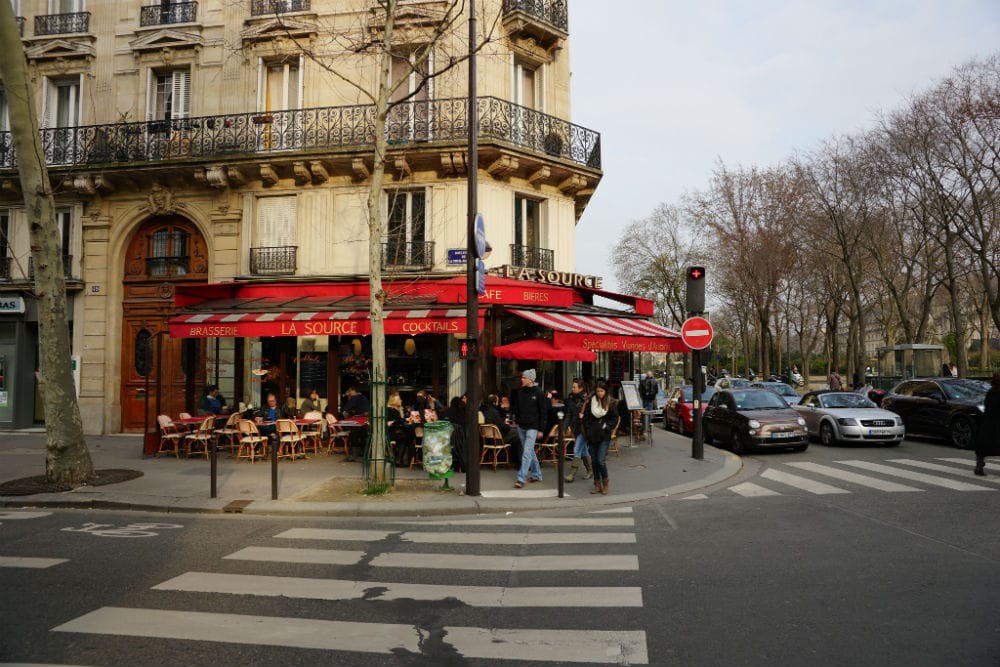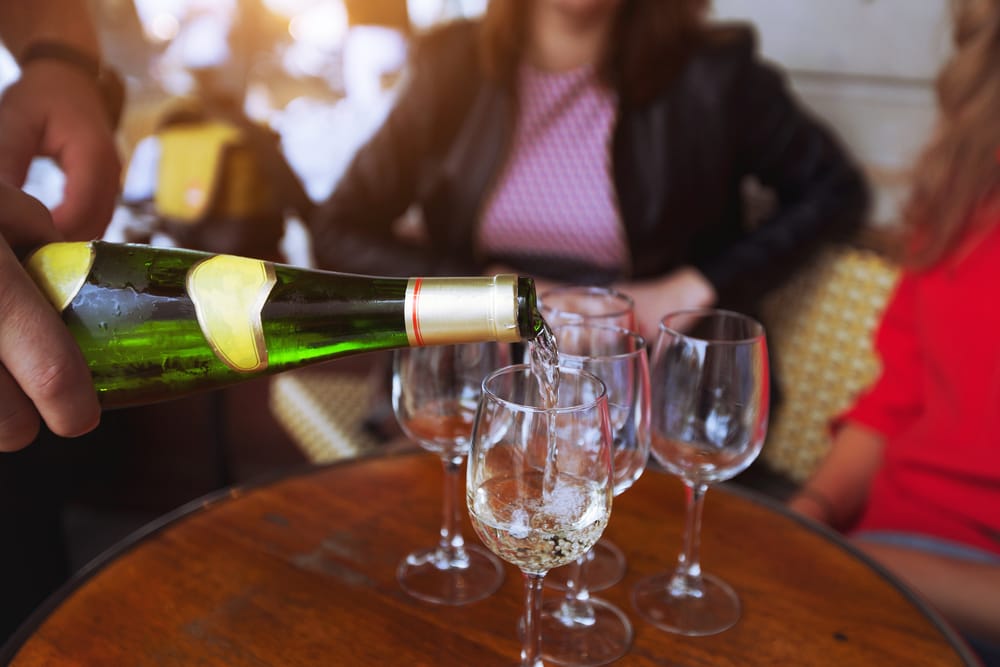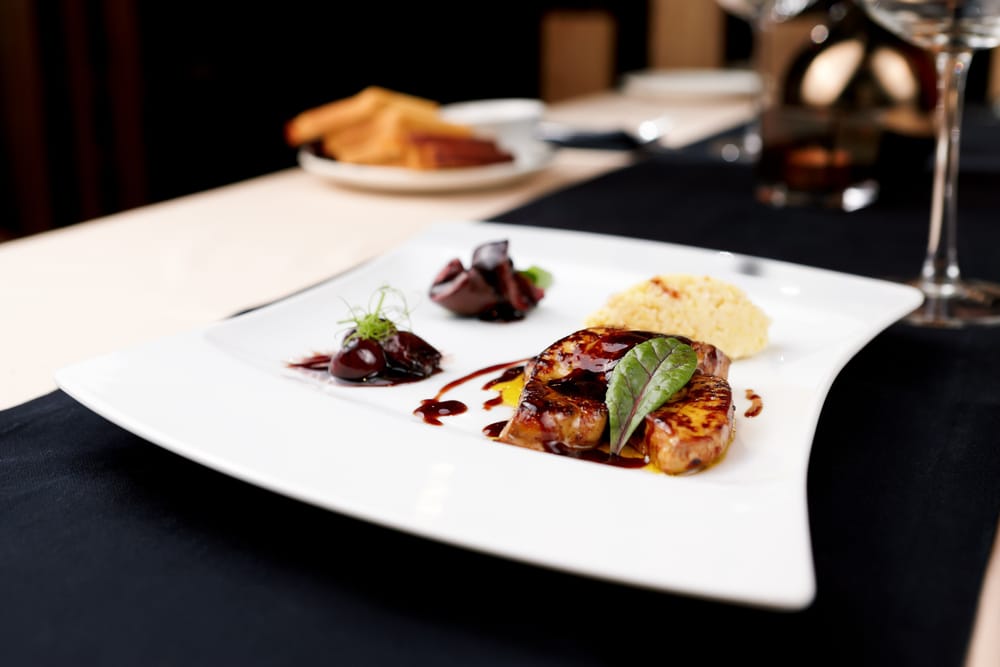If the idea of following new dining rules in Paris makes you uneasy, take a deep breath, fellow traveler. You know that your manners are practically perfect and would make Mary Poppins blush. Your friends have never faulted your ability to handle a rude waiter with grace, and you know that a faux pas isn’t a ballet move, so why be nervous? As long as you’re armed with a little knowledge about dining etiquette in France, you’ll be fine—oui?
Casual Setting, Different Pace
The bistro next to your hotel seems perfect! It’s been recommended by some locals, and you’re picturing a seat in a spacious booth and intimate conversation with Parisians just one table over. Hold up: You need to re-adjust that laid-back attitude or you’ll be in for a rude awakening à la French horror film “High Tension.” Expect lively crowds, full tables jammed in impossibly small spaces, and waiters flying through the air. When you’re seated with strangers, don’t ruin the experience by trying to force small talk—it’s simply not done. Let Parisians find out for themselves just how interesting and well-mannered you are in spite of your culture shock. Oh, and please ditch the t-shirt and jeans, you gauche American!
Refine Your Dining Pleasure
Put on your fancy pants and prepare for an experience that’s vastly different from eating at a bistro. To successfully dine at classy French restaurants, you must master the fine art of lingering. Europeans are famous for noshing well into the wee hours of the morning, enjoying the company as well as the food. No one’s in a hurry, and your waiter isn’t looking to turn the table 10 times in one service. If you arrive before your reservation, expect to be greeted and then politely ignored. Once you’re seated, look forward to an evening of attentive service and quiet conversation. No matter how thrilling it is to savor escargot for the first time, suppress your squeals of delight. Surrounding tables will appreciate a more refined reaction, but you can always twirl your fake mustache silently if you get carried away.
Don’t Stab the Lettuce
You know you’re in a foreign country when it’s considered rude to slice the lettuce. Scratch that—you know you’re in a foreign country when people are willingly eating salads instead of cheeseburgers. Instead of hacking into the leafy greens like you might do back in the good ole U.S. of A., gently fold those salad greens with your silverware, and delicately munch them in small bundles. Take care to execute the maneuver with your fork in left hand and your knife in the right. This cutlery arrangement is de rigueur from bistros to the highest halls of haute cuisine. If it feels awkward, take out your frustration on the pomme frites. There’s no such thing as finger food in France (unless you count cigarettes), so you’re expected to stab the potatoes too.
Respect the Foie Gras
It’s one thing to avoid a devastating faux pas, and it’s another to gracefully show off cultural smarts. When ordering at a restaurant, don’t dwell over menu choices or ask your waiter for translations. As a gracious guest, you should learn enough key French foodie lingo to easily choose between beef, bird, and fish. Also, keep your hands at table level, never in your lap, and you’ll make a marvelous impression on any observers. Finally, be sure to order the French specialty foie gras, but don’t treat it as a pâté for smearing over tiny toast bits. This revered delicacy is meant to be enjoyed in luxuriously small, silken bites and treated as a complement to your entrée.
The best way to handle a French dining experience is to channel your inner je ne sais quoi. If that escargot flies out of your tongs and lands in someone’s soup, just smile apologetically, and take comfort in knowing you’ll never see them again (you can smack yourself for losing a $15 snail later). Mind your manners, learn from the locals, and always return their gracious wishes for your bon appétit.






